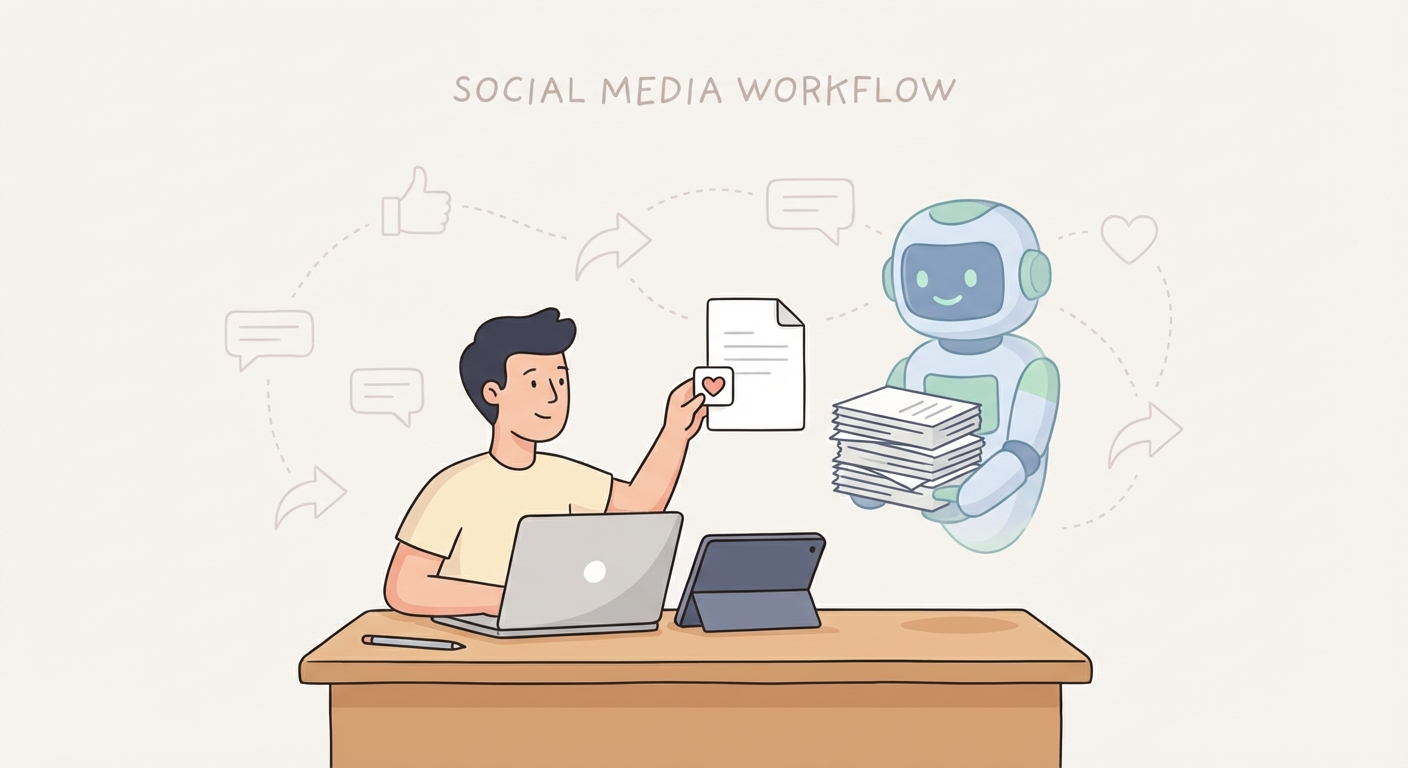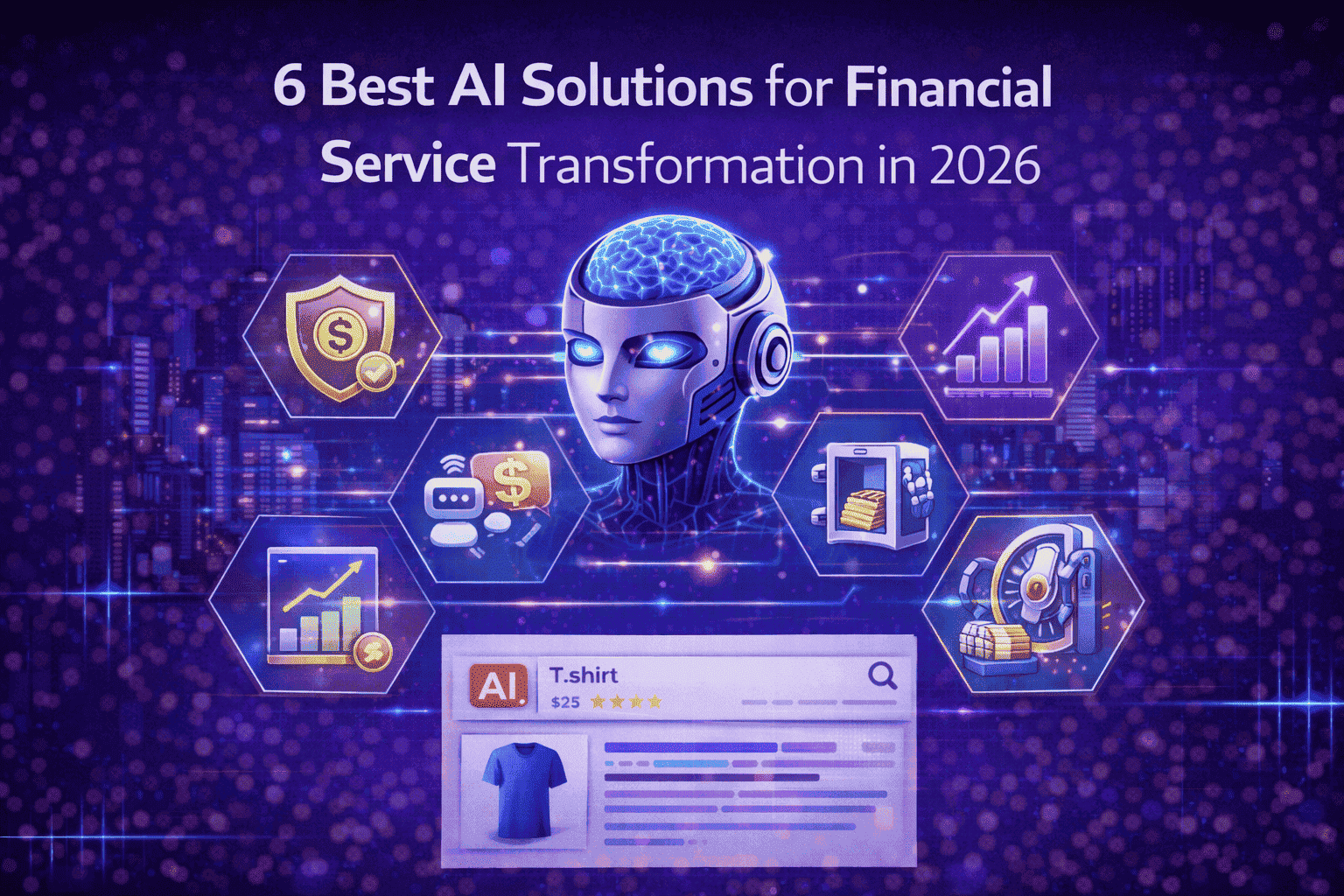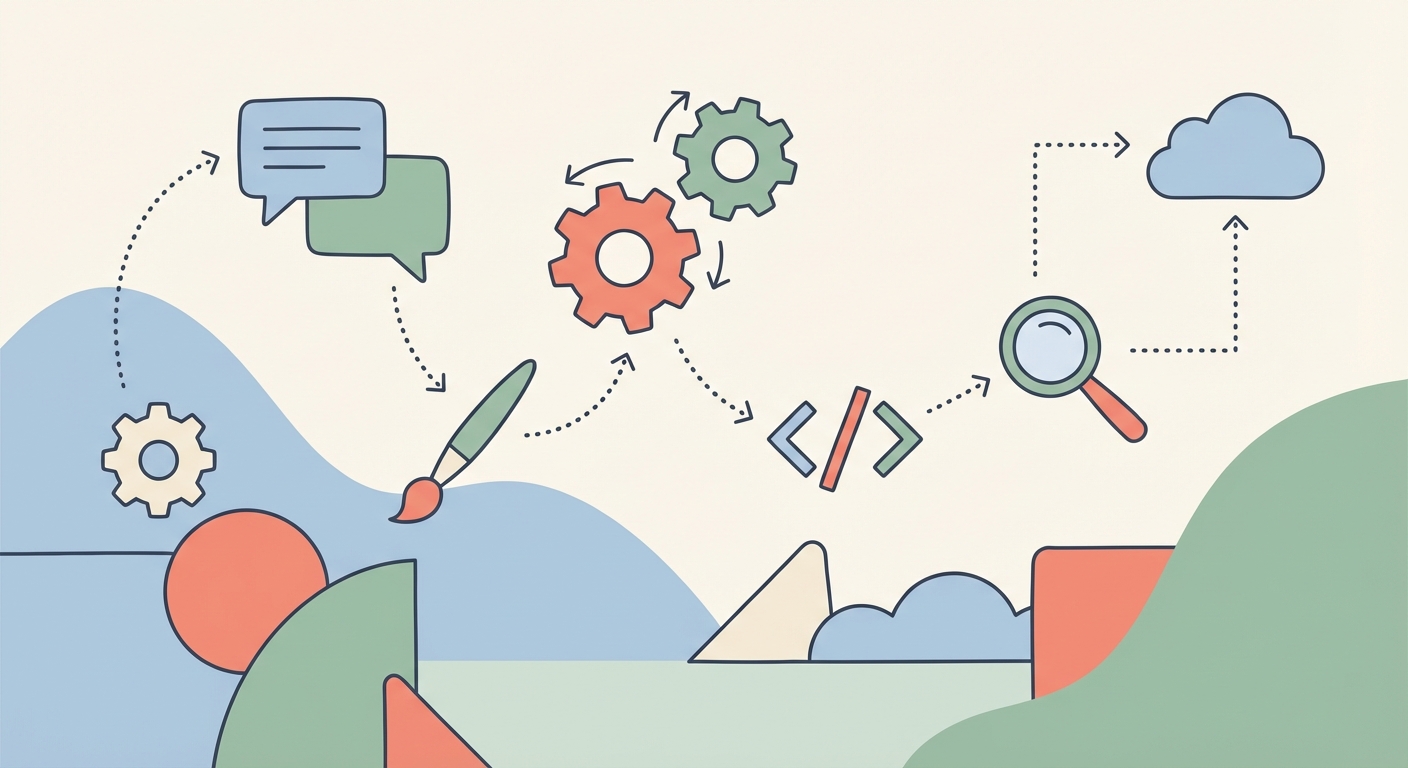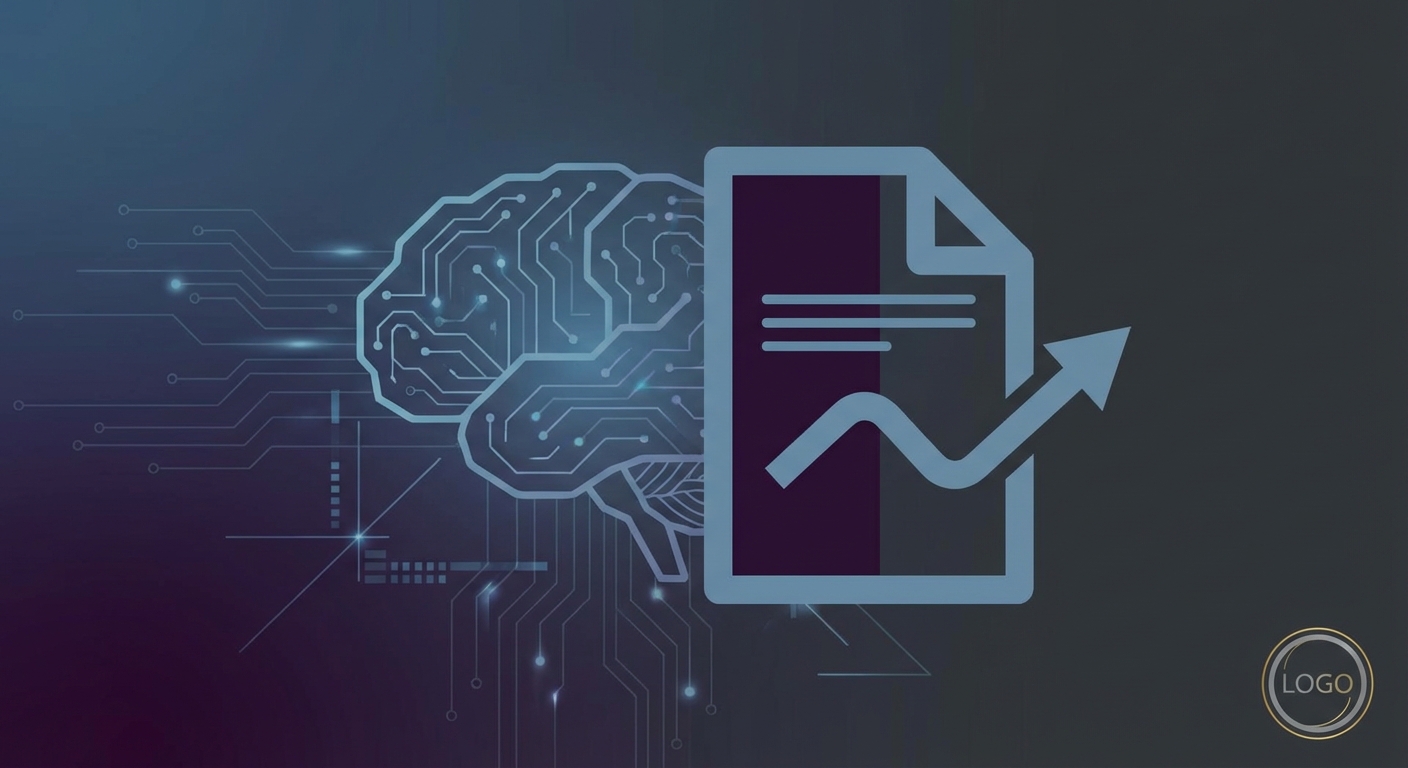Understanding the Basics of AI in Email Marketing
Email marketing has been a trusted channel for building relationships with customers for decades. But as inboxes grow more crowded and customer expectations rise, simply sending generic messages isn’t enough. That's where AI Email Marketing steps in. By leveraging artificial intelligence, marketers can now automate campaigns, personalize content, and improve performance metrics in ways that were previously impossible. This blog will help you understand the basics of AI in email marketing, its benefits, use cases, and best practices to get started.
What is AI Email Marketing?
AI Email Marketing refers to the use of machine learning and artificial intelligence technologies to automate, optimize, and personalize email campaigns. AI can analyze large sets of customer data, predict behaviors, segment audiences, and even generate email content.
Types of AI in Email Marketing:
- Predictive AI: Anticipates user behavior (e.g., best send time, potential conversion).
- Generative AI: Creates personalized email content such as subject lines, product recommendations, or entire email bodies.
By combining these types, AI improves not only engagement rates but also customer satisfaction.
Benefits of AI in Email Marketing
AI transforms traditional email marketing in several impactful ways:
1. Hyper-Personalization
AI analyzes past behaviors, preferences, and demographics to deliver personalized content. Instead of "Hi John," think "Hi John, your favorite sneakers are back in stock!"
2. Optimized Send Times
Machine learning models determine the best time to reach each user, improving open and click-through rates.
3. Advanced Audience Segmentation
Instead of simple segments like age or location, AI builds dynamic segments based on behavior, lifecycle stage, and more.
4. Automated A/B Testing
AI runs continuous, multivariate tests on subject lines, content, visuals, and CTAs, helping marketers understand what resonates.
5. Improved ROI
AI helps optimize campaigns, reduce time spent on manual tasks, and target users more effectively, boosting overall returns.
How AI Works in Email Marketing
Let’s break down how AI improves email campaigns step-by-step:
Data Collection and Analysis
AI collects data from CRM systems, tracks user actions, and analyzes purchase behavior to understand customer needs, preferences, and trends. This helps in making smarter, data-driven decisions.
Prediction and Insights
It then uses that data to predict:
- When a user is likely to open an email.
- What type of content they’ll engage with.
- How likely they are to convert.
Automation and Execution
Based on the insights, AI can:
- Automatically segment users.
- Generate dynamic content.
- Schedule emails at optimal times.
Real-time Learning
Real-time learning means the AI improves its strategy as it gets more data, adapting continuously for better results.
Common Use Cases of AI in Email Marketing
Here’s how marketers are already using AI in real-world email campaigns:
| Use Case | Description |
|---|---|
| Content Personalization | Dynamic insertion of names, product suggestions, and offers |
| Send Time Optimization | Sending emails when users are most likely to open them |
| Subject Line Generation | Using AI to write compelling and click-worthy subject lines |
| Customer Journey Automation | Automating emails based on lifecycle triggers (e.g., cart abandonment) |
| Predictive Lead Scoring | Ranking leads based on the likelihood to convert |
| Email Design Optimization | Recommending images and layouts that resonate with specific segments |
Best Practices for Using AI in Email Marketing
Before jumping into AI tools, keep these best practices in mind:
1. Start with Clean, Quality Data
AI is only as good as the data you feed it. Make sure your CRM and email lists are accurate and regularly updated.
2. Define Clear Goals
Are you trying to improve open rates, reduce churn, or boost sales? Set measurable objectives for your AI implementation.
3. Begin with Simple AI Features
Start with basic features like:
- Subject line testing
- Send time optimization
- Basic personalization
Then gradually move to more complex implementations.
4. Monitor and Tweak Regularly
AI doesn’t mean “set it and forget it.” Review performance metrics and adjust your strategy accordingly.
5. Respect Data Privacy
Use AI responsibly. Ensure your email marketing strategy complies with GDPR, CAN-SPAM, and other data privacy laws.
Challenges of AI in Email Marketing
Despite its advantages, there are a few challenges you should prepare for:
1. Data Privacy and Compliance
AI requires large datasets. Make sure your data collection and usage practices are compliant with regulations.
2. Technical Integration
Integrating AI with your existing platforms (like Mailchimp, HubSpot, or Salesforce) can be technically demanding.
3. Misuse or Over-Automation
Too much automation may lead to emails that feel robotic or irrelevant. Human oversight is essential.
4. Training and Expertise
Your marketing team may need upskilling to fully leverage AI tools.
Tools That Support AI Email Marketing
Some leading platforms already have AI capabilities built-in:
- Mailchimp: Predictive analytics, send-time optimization, content suggestions.
- Salesforce Marketing Cloud: AI-powered insights, segmentation, content creation.
- HubSpot: Smart content recommendations, A/B testing, and personalization.
- ActiveCampaign: Customer journey automation and predictive sending.
Explore tools that suit your business size and technical comfort.
Future Trends in AI Email Marketing
Here’s what we can expect in the coming years:
- Voice-activated email previews (e.g., Siri reading emails)
- Real-time behavior-triggered emails
- Emotionally intelligent AI that adjusts tone
- AI-powered accessibility for differently-abled recipients
AI will continue to evolve from simple automation to deep personalization, making every email feel like it was hand-written just for the user.
Conclusion
AI Email Marketing is no longer a futuristic concept—it’s already changing the way marketers interact with their audiences. Whether you’re a small business owner or a large enterprise, leveraging AI can help you boost engagement, save time, and maximize ROI. By understanding the basics and starting small, you can begin your journey into AI-powered marketing with confidence.





